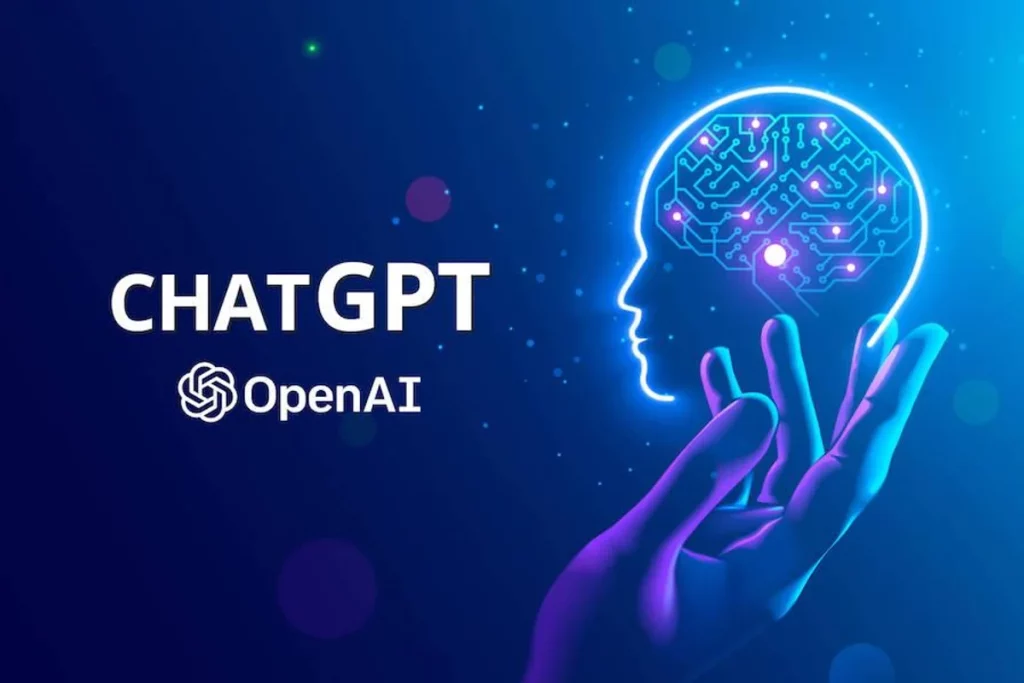Microsoft President Brad Smith has warned that Chinese research organizations and companies could become major rivals of ChatGPT in the development of generative AI. In an interview with Nikkei Asia, Smith said that China would not be left behind in the race to innovate and become a major player in the field of generative AI.
Microsoft President sees China as a key rival in the generative AI race

Smith identified three organizations at the forefront of this technology: OpenAI with Microsoft, Google, and the Beijing Academy of Artificial Intelligence. He said that the competition to innovate in the development of generative AI is “enormously competitive,” and that the gap between the leading organizations is almost always measured in months, not years.
Generative AI, which is the technology behind ChatGPT, has the ability to produce text and images at near-human levels of sophistication. However, there are concerns that the technology could displace workers by automating many jobs and could be used to spread misinformation, infringe on copyrights, compromise privacy, and leak sensitive information.
Smith believes that the solution to such concerns is not to stop innovation but rather to use and improve existing products. He says that like other technologies, AI can be a tool as well as a weapon and cites cyber attacks as an example.
Smith also highlighted how the technology could address labor shortages – one of the biggest challenges facing Asia. He said that the working-age population has to support more people who have retired and are dependent on the economic growth of people who are working. Therefore, there is a need to find new sources of productivity growth.
Smith believes that if the best minds of people can be combined with the best technology, this is an area where we should be able to outperform the adversaries of the world’s democracies. He also said that Microsoft is already using AI to identify new cyber attacks in real-time and intercept them. They are also using AI to detect cyber-influence operations of foreign governments and disinformation campaigns.
RELATED:
- ChatGPT Costs $700,000 a day to Run, Reports State
- ChatGPT can potentially leak confidential information and personal data, says Report
- Elon Musk plans to launch TruthGPT, the ultimate truth-seeking AI program
- From ChatGPT to Chemical Weapons: The Risks and Rewards of GPT-4’s Powers
- Google’s $3 Billion Dilemma: Will Samsung Ditch It for Microsoft’s Bing?
- Xiaomi 13 Ultra vs Samsung Galaxy S23 Ultra: Specs Comparison





